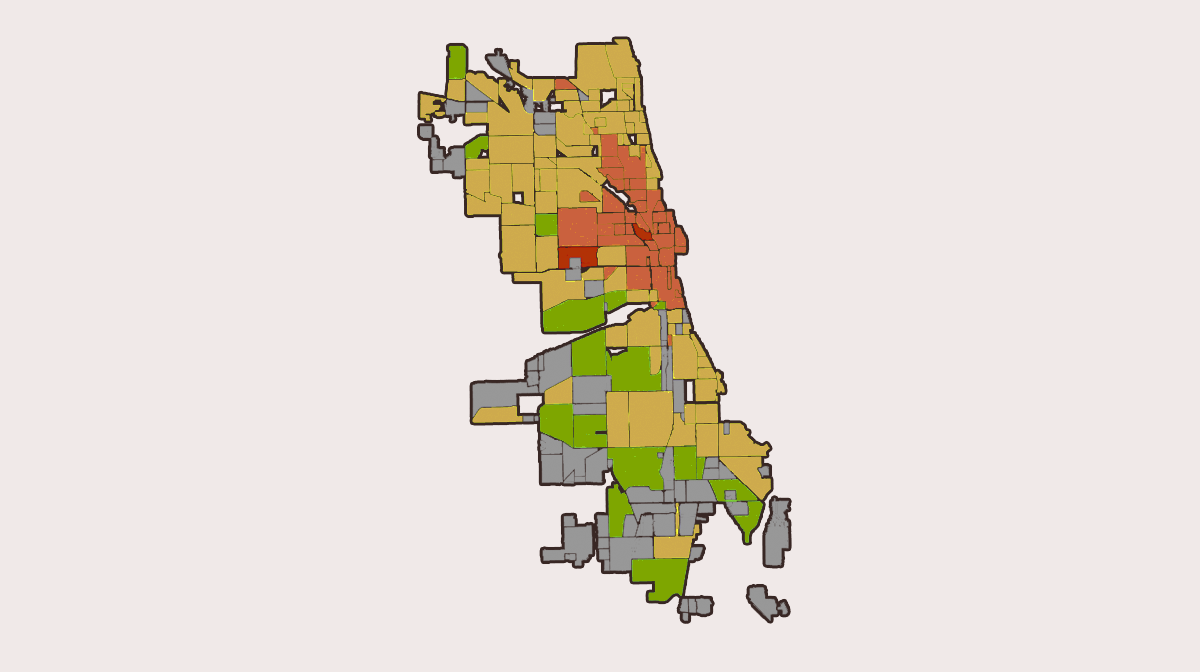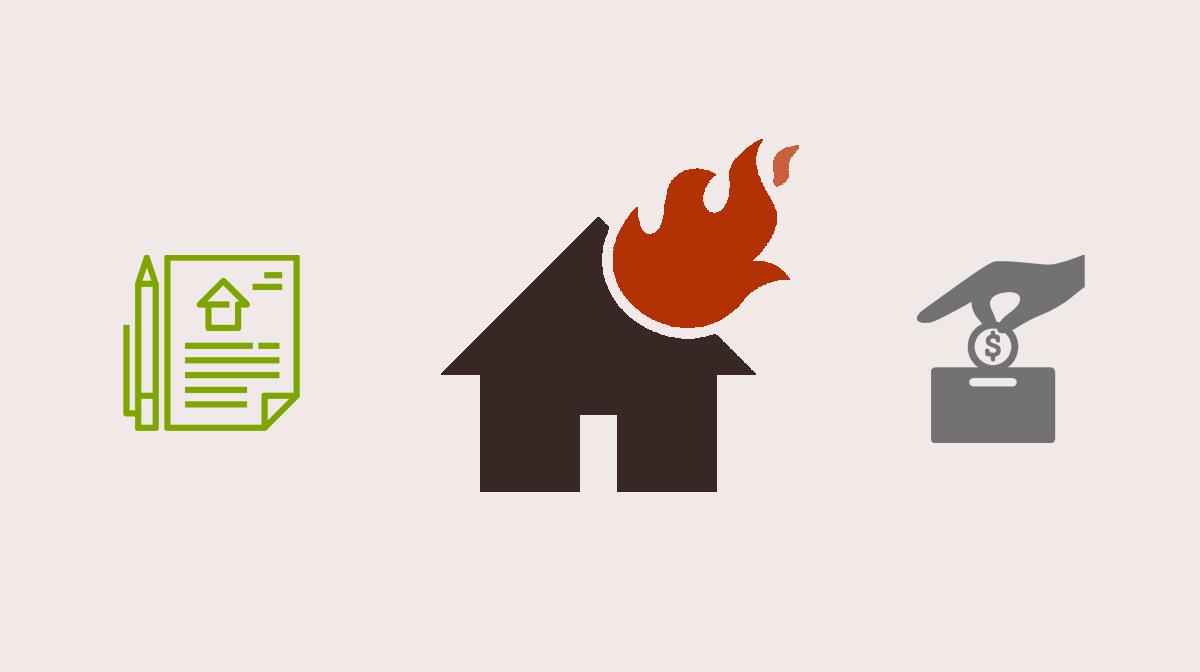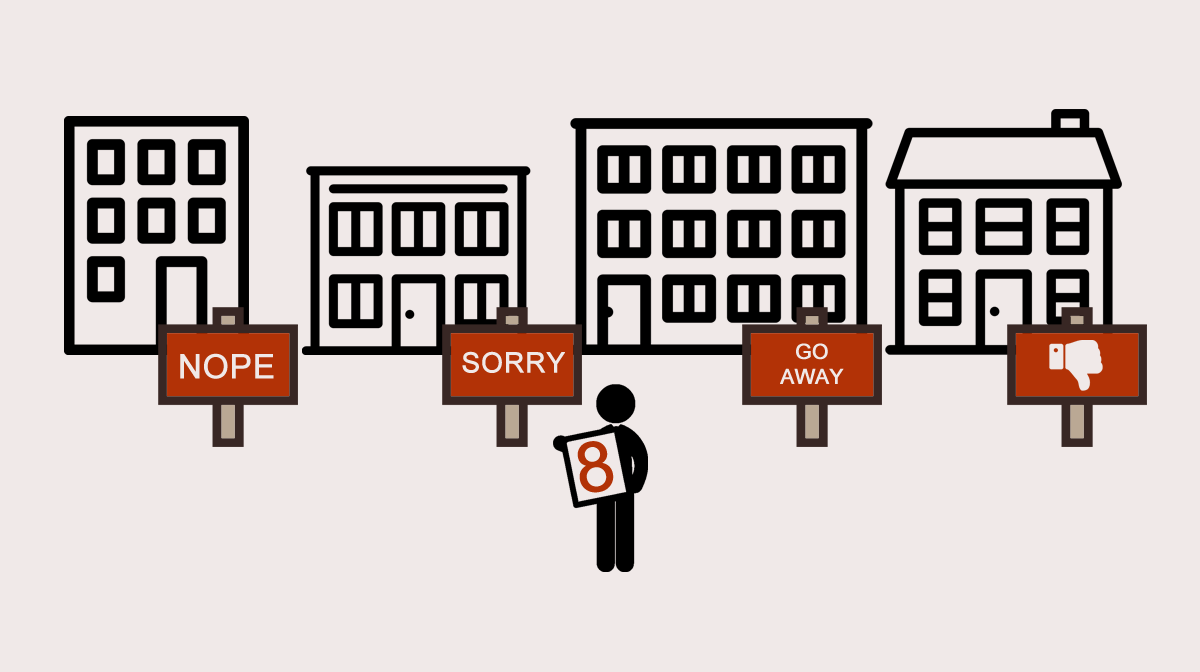We use a lot of open data here at RentConfident to create our reports. We always bear in mind that the open data on building safety that we use is a byproduct of the movement to make campaign contributions publicly accessible. Therefore, given the season we thought we'd use open data for once the way it was intended - to look at the political campaign contributions of landlords.
Methodology
Chicago's heavy tilt towards the Democratic party made us decide to step outside our normal local focus and look instead at the apartment industry nationwide. We took the National Multifamily Housing Council's 2016 list of the top 50 apartment owners in the country, and looked up the campaign contributions of all 51 of the people listed in the "Corporate Officer" column.
We did give some thought as to whether or not Corporate Officers of billion dollar publicly traded companies can really be considered landlords. But their business is still property management even if their jobs are very far removed from that of the building superintendent who lives in the basement. Together with their staffs they are responsible for the management of just shy of 3 million apartments, housing about 2% of the total American population.
Using Open Secrets we looked up and tallied the donations by party for every one of the CEOs on the NMHC's list. Open Secrets lists all contributions over $200.
The people on the list also made contributions to 6 industry Political Action Committees (PACs) so we also took a look at how those PACs distributed their donations.
We restricted our survey to donations made since January 1, 2011. This covers three federal election cycles - 2012, 2014 and 2016.
You can download a spreadsheet of our data here. Note that we have removed all names but can certainly provide a copy with names if you need it for research. Just drop us a note on the Contact page.
The COs
Of the 51 Corporate Officers (COs) we surveyed, 14 made no political donation in the past 6 years. 31 of them made direct donations to individual candidates, political parties or candidate-specific Super PACs. Continue reading The Campaign Donation Habits of America’s Top 50 Landlords






